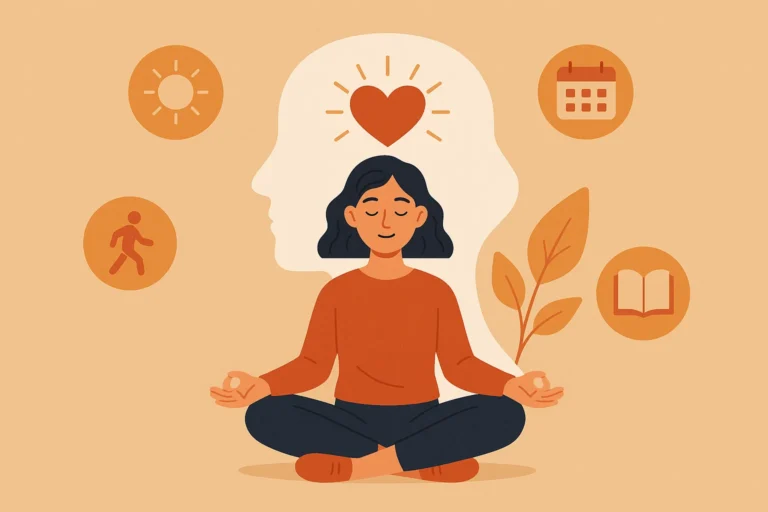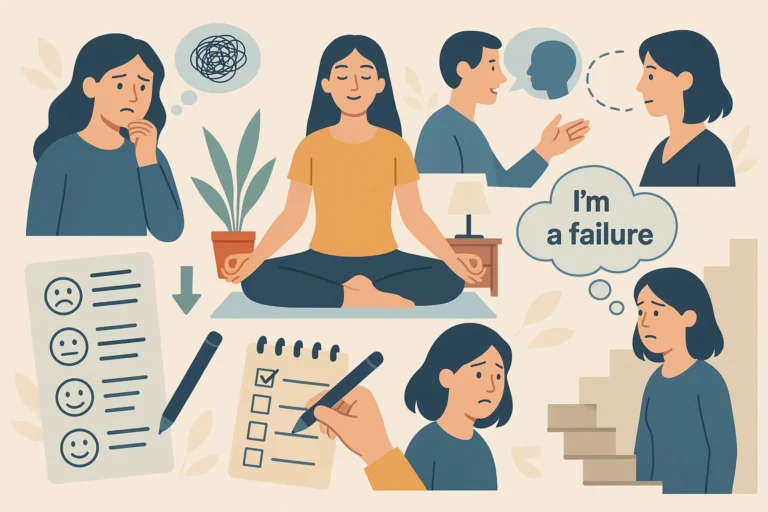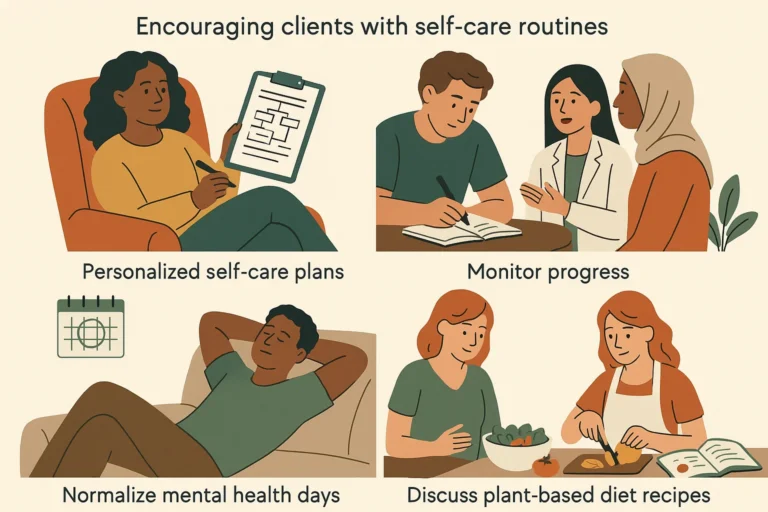Introduction: Why Mental Health Deserves Daily Care
Struggling to stay balanced emotionally, mentally, and physically is an increasingly common problem in today’s fast-paced, digitally connected world. Many individuals report rising levels of stress, burnout, and emotional fatigue—but few know how to effectively respond. The good news? Simple, science-backed self-care habits can significantly boost mental health and overall wellbeing.
This guide answers a crucial question: How can someone incorporate daily, practical self-care into their life to improve mental health long-term? It offers a clear solution—27 actionable self-care tips, supported by current research, that help improve emotional stability, reduce stress, and enhance overall life satisfaction. Whether you’re an individual seeking emotional wellness or a professional looking for a guide for mental health practices, this resource is built for you.

Understanding the Importance of Mental Health and Wellbeing
Mental health is not just the absence of mental illness—it’s the foundation for Improving Health and living a fulfilling life. According to the World Health Organization (2024), over 1 in 8 people globally live with a mental disorder, most commonly anxiety and depression. Ignoring emotional health can lead to chronic fatigue, relationship strain, and reduced productivity.
That’s where Tips for Maintaining Mental Health come into play. Daily self-care helps regulate emotions, increases resilience to stress, and enhances decision-making. These habits aren’t indulgent—they are essential for long-term balance.

27 Self-Care Tips for Mental Health and Emotional Resilience
This Self-care Mental Health Guide offers a blend of physical, emotional, and cognitive self-care strategies. Here are the top 27:
Emotional Self-Care Tips
- Set daily intentions – Improve focus and emotional clarity.
- Journaling – Reduce mental clutter by writing out your thoughts.
- Digital detox – Take screen breaks to reduce anxiety.
- Gratitude practice – Note 3 things you’re thankful for each morning.
- Connect with loved ones – Builds emotional security.

Mental Self-Care Tips
- Practice mindfulness – Try 10-minute daily sessions. Use apps like Headspace or Calm.
- Read daily – Boost cognitive function and lower stress.
- Set boundaries – Say “no” without guilt.
- Learn something new – Keeps the brain engaged and boosts confidence.
- Limit multitasking – It drains your brain and increases anxiety.

Physical Self-Care Tips
- Sleep 7-8 hours – Essential for mood regulation.
- Stay hydrated – Dehydration can impact concentration and mood.
- Exercise 30 minutes daily – Releases endorphins.
- Take a walk in nature – Reduces cortisol levels.
- Try a Plant-Based Diet – According to a Harvard study (2023), plant-based diets are linked to reduced depression symptoms.

Social Self-Care Tips
- Schedule social time weekly – Builds community and lowers loneliness.
- Volunteer – Helping others builds purpose and lowers depression risk.
- Join a support group – Especially if managing a specific mental health condition.

Practical & Lifestyle Self-Care
- Declutter your space – A tidy environment reduces mental stress.
- Create a self-care budget – Invest in therapy, books, or spa days.
- Take mental health days – Yes, it’s okay to pause.
- Use affirmations – Reinforce positive self-talk.
- Listen to calming music – Reduces heart rate and tension.

Creativity & Spiritual Self-Care
- Engage in creative outlets – Drawing, music, or DIY help with expression.
- Practice deep breathing – Box breathing for 5 minutes calms the mind.
- Meditate or pray – Cultivates peace and introspection.
- Celebrate small wins – Recognize growth, not just big achievements.
These self-care strategies aren’t just good ideas—they’re practical tools that can be customized for any lifestyle. Integrate a few, then build from there.

How to Overcome Mental Health Challenges with Daily Habits
How To Overcome Mental Health Challenges begins with consistency, not complexity. Challenges such as anxiety, depression, and burnout thrive in the absence of structure. This is where self-care routines shine.
Cognitive behavioral therapy (CBT) techniques support building these habits. For example:
- Replace negative self-talk with factual affirmations.
- Use exposure therapy for social anxiety.
- Break down overwhelming tasks into small steps.
According to the American Psychological Association (2024), individuals who regularly track their moods and apply coping strategies show a 60% higher rate of emotional recovery. Incorporating self-care reduces dependency on reactive treatments and emphasizes long-term wellness.

A Guide for Mental Health Professionals: Encouraging Clients with Self-Care Routines
Mental health professionals play a vital role in educating clients about proactive self-care. This Guide For Mental Health Professionals suggests the following approaches:
- Personalized Self-Care Plans: Create worksheets based on lifestyle, stressors, and personality type.
- Monitor Progress: Encourage journaling or digital logs.
- Incorporate Cultural Sensitivity: Not all self-care looks the same in every culture.
- Normalize Mental Health Days: Use them as part of treatment planning.
- Discuss Plant-Based Diet Recipes: Nutrition plays a key role in emotional balance.
Professionals can also use Self-care Advice For Emotional Health in group sessions and workshops. Teaching clients to build sustainable habits makes recovery more accessible and empowering.

How to Make the Most of a Mental Health Day
A Mental Health Day is a preventive health strategy—not a luxury. To make it effective:
- Disconnect from work fully – Silence notifications.
- Do activities that recharge you – Spa day, reading, creative time, or hiking.
- Eat nourishing foods – Focus on fruits, veggies, and whole grains.
- Reflect, don’t just escape – Journaling can help process emotions.
When taken intentionally, a mental health day boosts productivity, reduces absenteeism, and fosters better long-term wellbeing. Employers are increasingly recognizing its value.
Conclusion: Start Small, Stay Consistent
Improving mental health doesn’t require a complete life overhaul. With just a few self-care tips practiced consistently, anyone can build greater emotional resilience, focus, and joy. Whether you’re seeking Tips For Maintaining Mental Health, adopting a plant-based diet, or creating a guide for mental health professionals, these 27 strategies offer a roadmap to sustainable wellness.
Every small self-care action counts. So start today. Your mind will thank you tomorrow.
